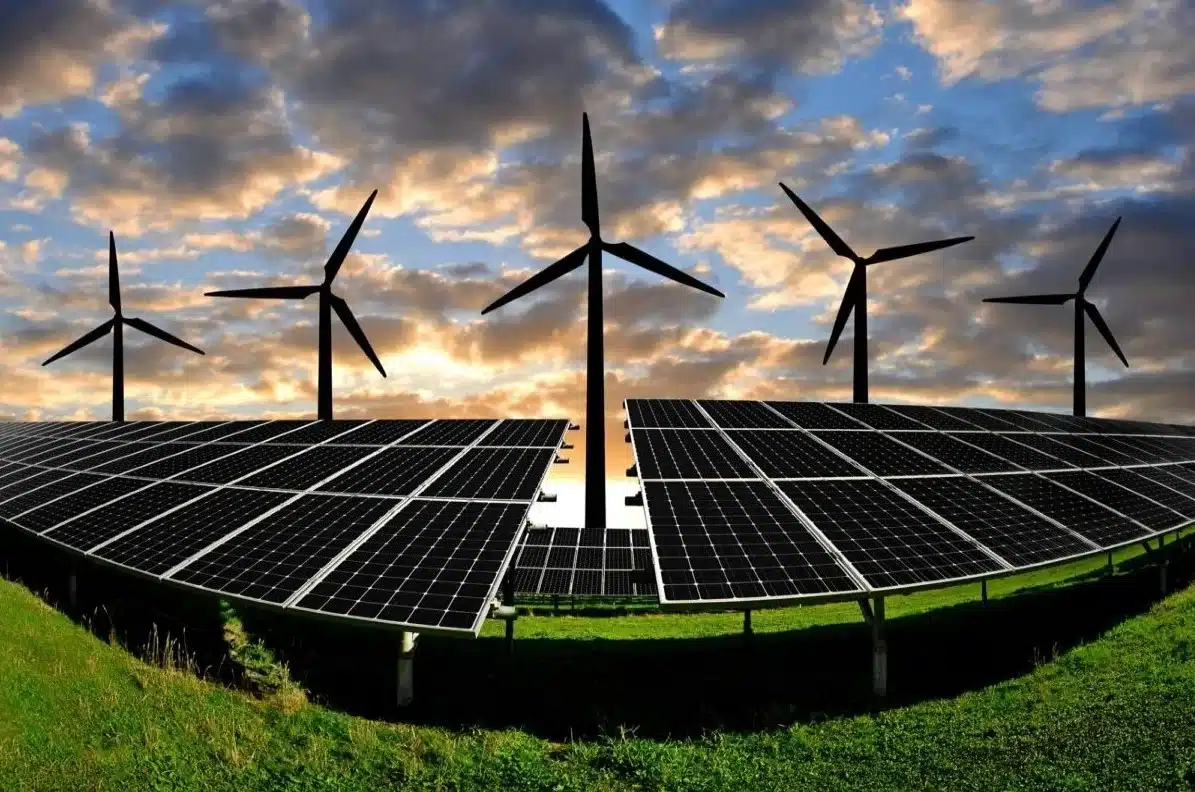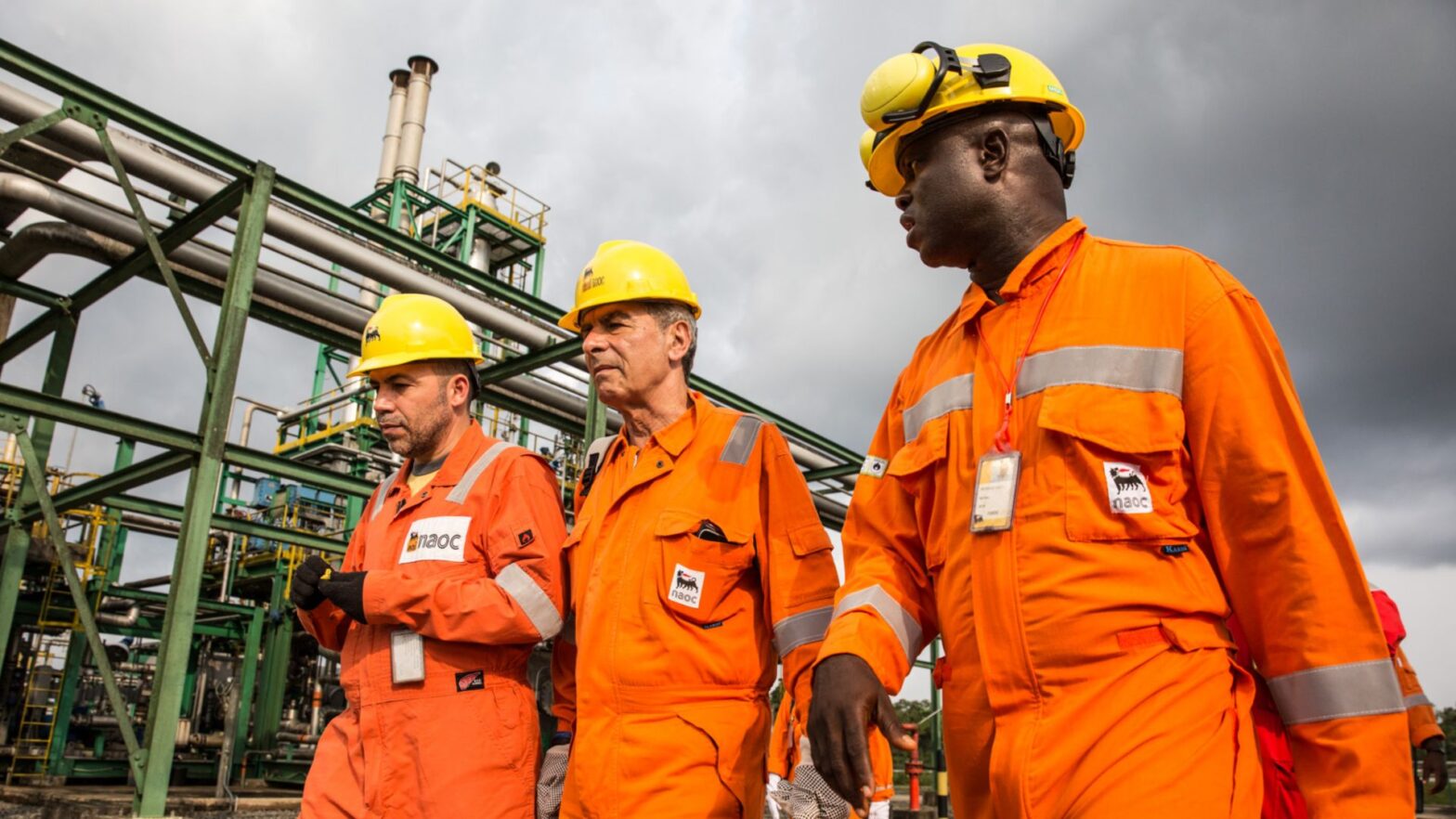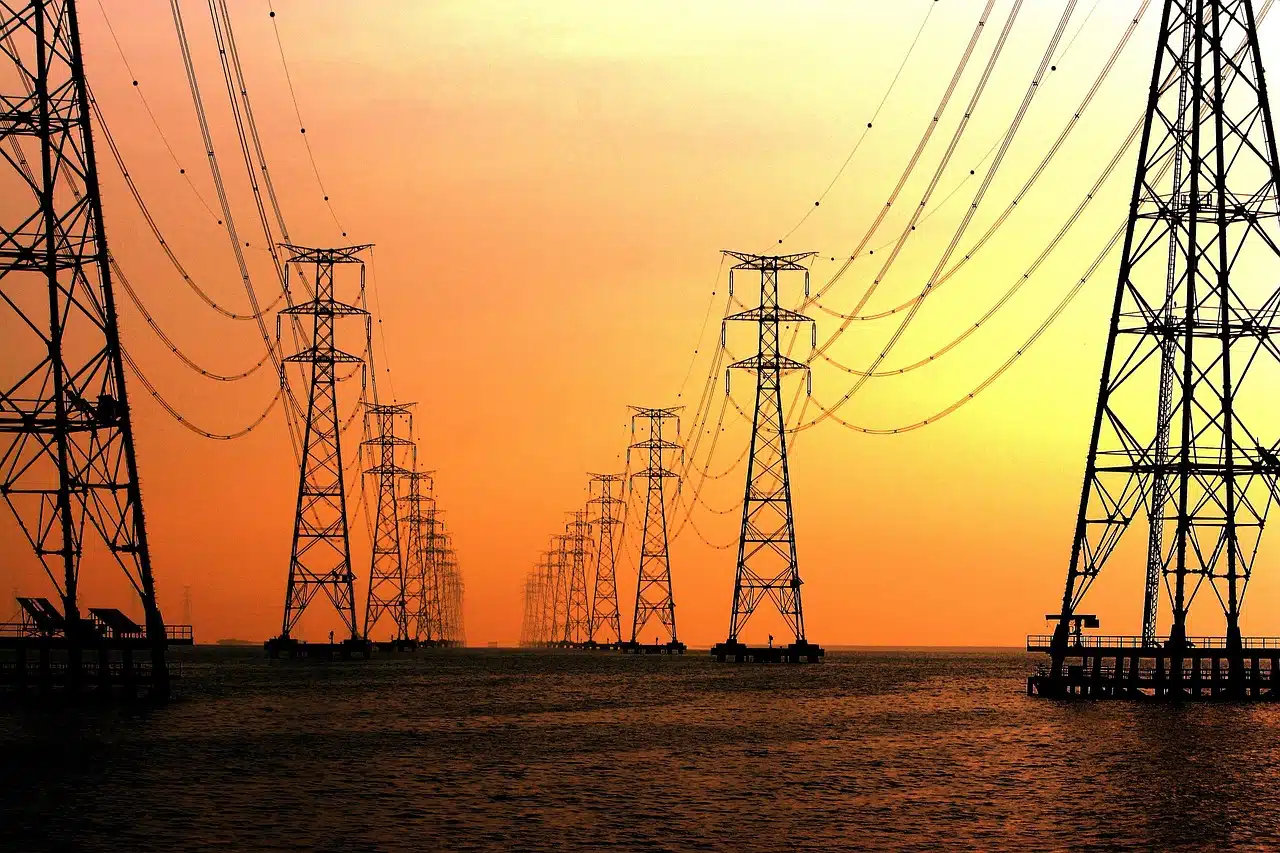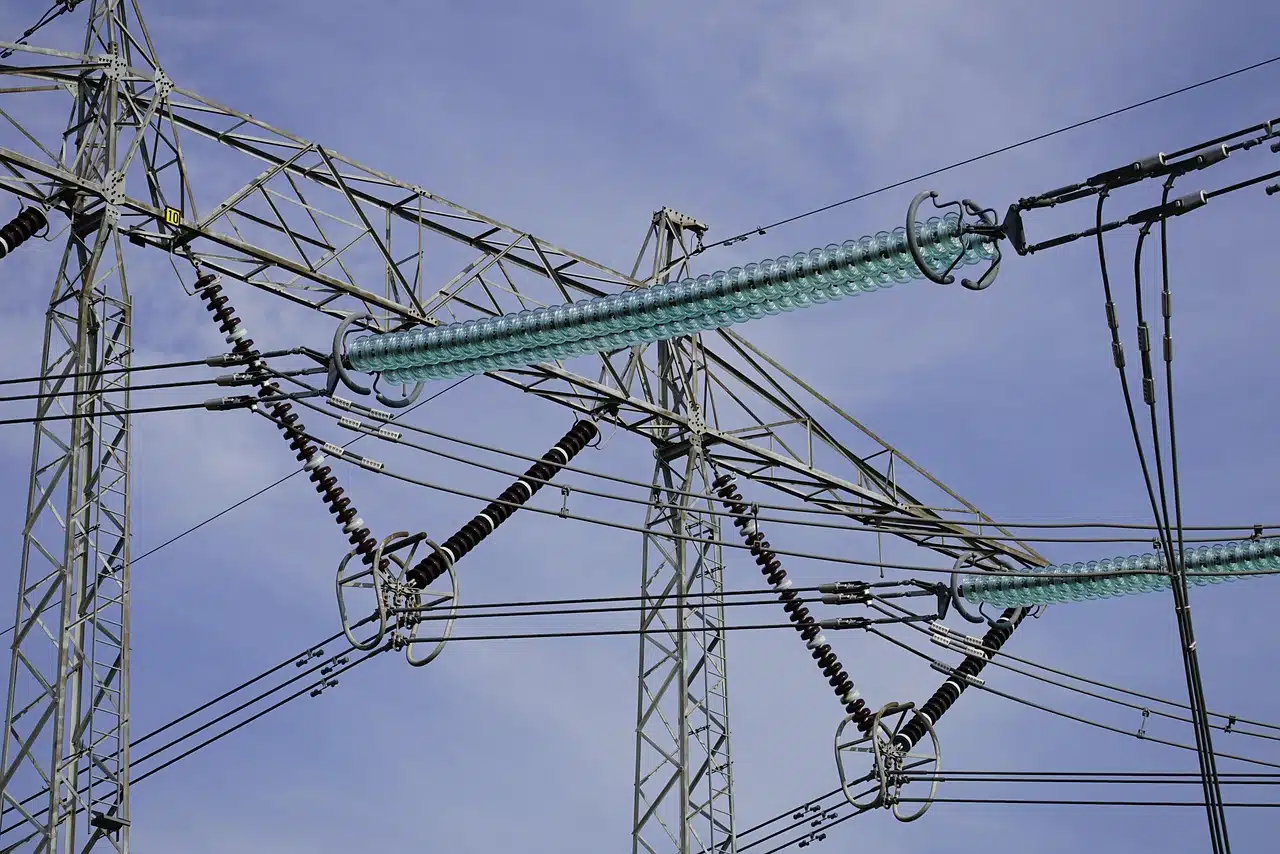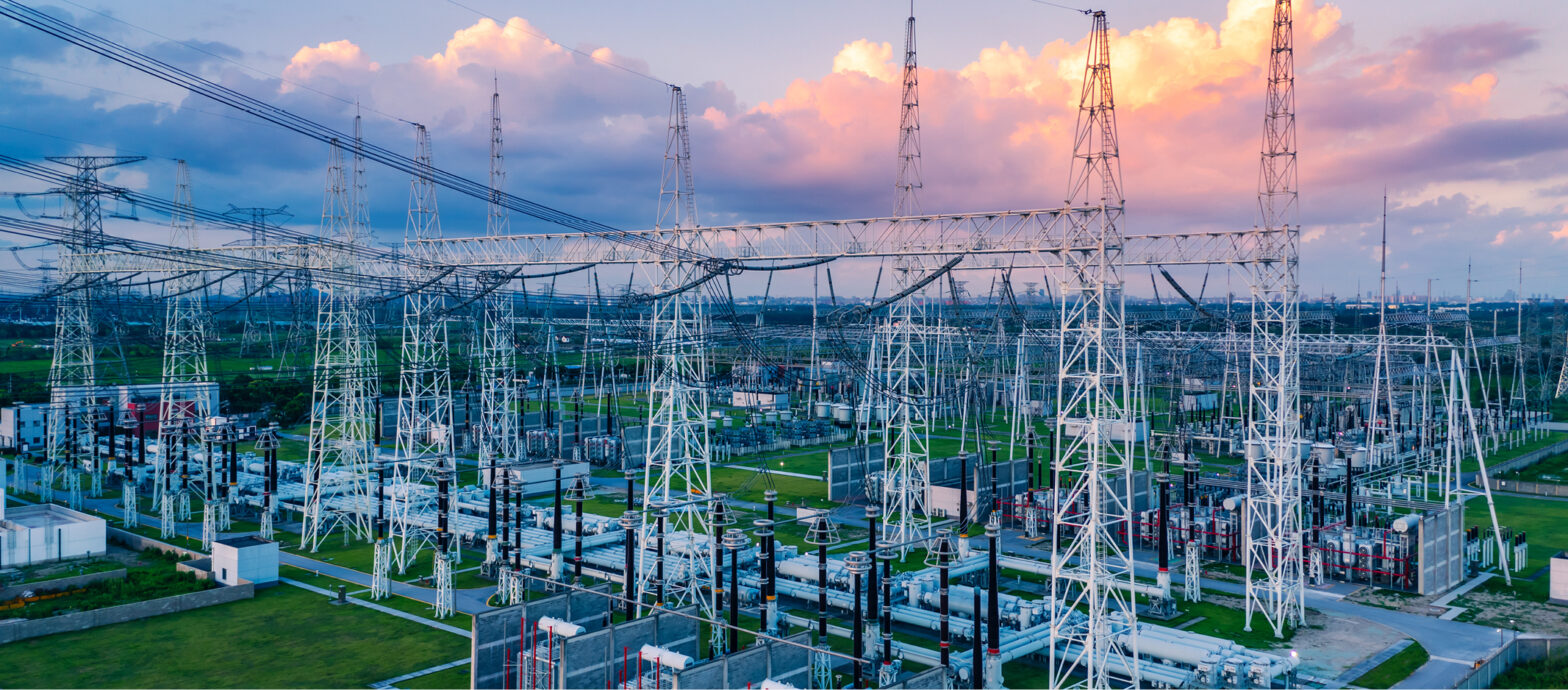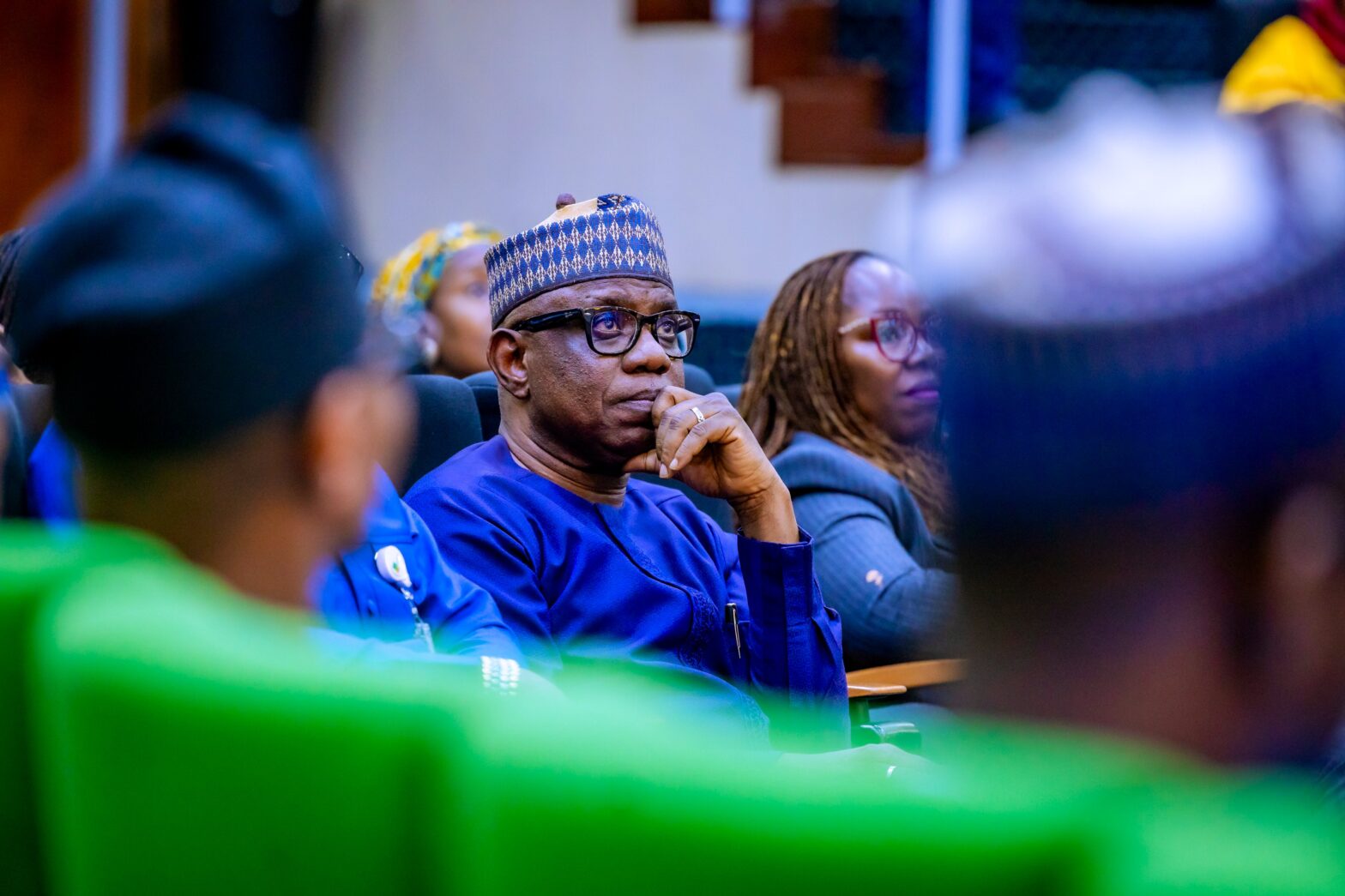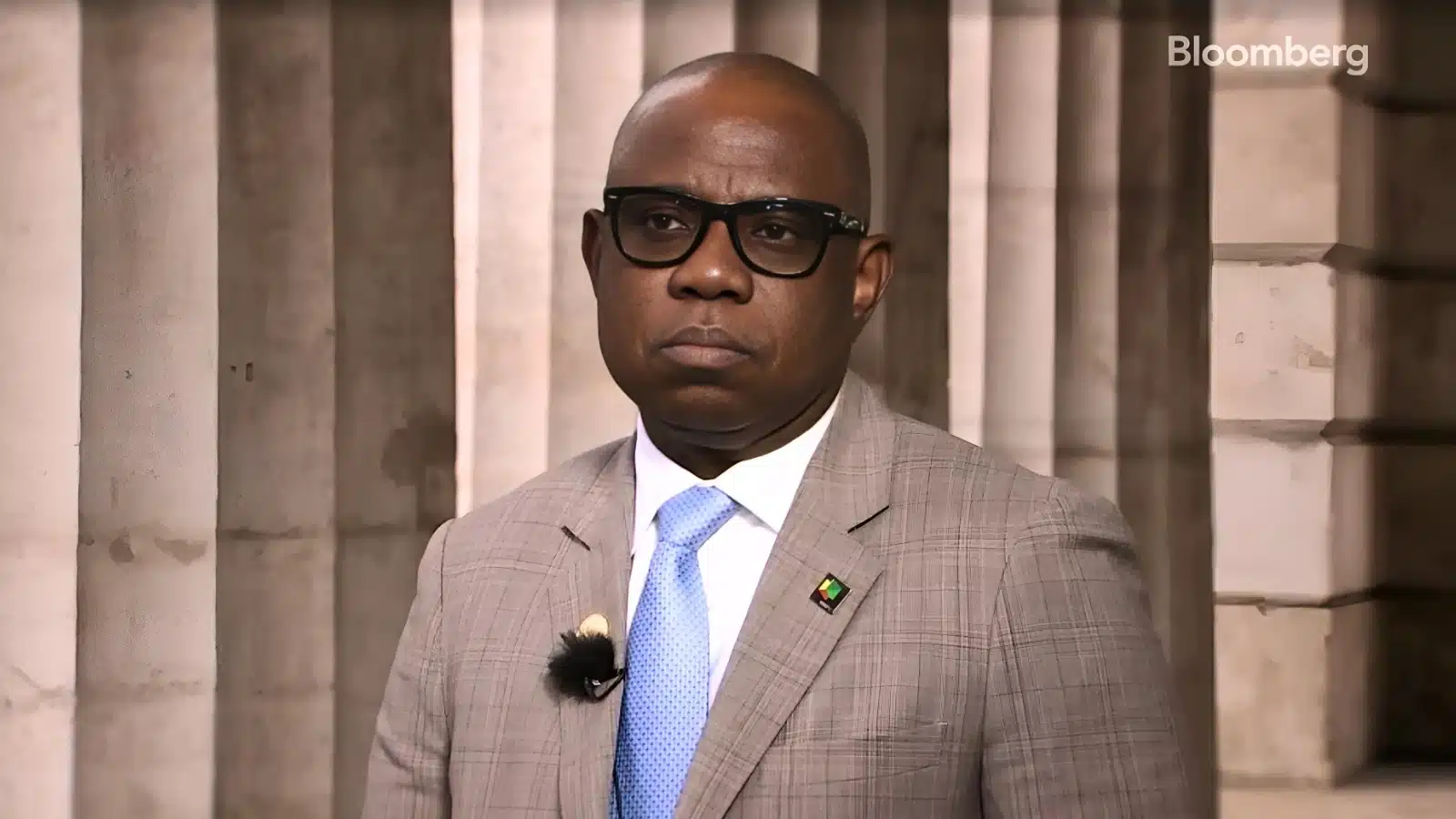Germany and the European Union (EU), in collaboration with Nigeria’s Rural Electrification Agency (REA), have partnered to deploy 11 mini-grids aimed at expanding electricity access in rural communities across the country.
This project is part of the Nigerian Energy Support Programme (NESP) which is co-funded by the European Union and the German Ministry for Economic Cooperation and Development in collaboration with the Nigerian Federal Ministry of Power..
The project will connect approximately 13,000 customers and benefit over 6000 people, unlocking new opportunities for socio-economic growth and advancing Nigeria’s climate goals.
The Managing Director of the Rural Electrification Agency, speaking at the commissioning of the 550 kilowatt peak (KWp) of interconnected solar mini grids for Barkin Ciyawa and Kwande communities in Qua’an Pan Local Council of Plateau State said, “Under the present government, we are energizing a total of 3,700 communities but we are doing it in phases”.
As part of a broader plan, The REA also disclosed plans to deliver 370MW of clean energy nationwide, targeted at 100 rural communities.
“It is going to be 100 communities per state and we are going to be infusing a total of 370MW of clean energy“, Aliyu said.
The agency said over 600 tons of CO2 emissions will be eliminated using clean energy infrastructure.
With the launch of the interconnected mini grids in Barkin Ciyawa and Kwande communities in Plateau state, over 3,500 households and businesses will receive uninterrupted power supply.
Other projects to be commissioned under the Interconnected Mini Grid Acceleration Scheme (IMAS) are:
- 600kW interconnected solar mini grid at Lambata community, Guara LGA, Niger State.
- A combined capacity of 470kW solar mini grids at Mefoworade, Elegbejoda, Olorunshogo, Omifunfun, communities in Ife South LGA, Osun State.
- A combined capacity of 430kW solar mini grids at Agbokim, Abia, Etomi and Bendeghe, Etung LGA, all in Cross River State.
Backstory
Earlier this year, the REA announced an ambitious plan to provide electricity to 25 million Nigerians within a span of three years.
Similarly, the REA had disclosed that plans were underway to connect 1.5 million Nigerians to mini electricity grids in the country.
The recent and imminent roll-out of interconnected mini grids to rural communities in Nigeria is part of the previous plan announced by the REA with the broader goal of eliminating electricity poverty in the country and ensuring stable electricity for the Nigerian people.
The initiative will also improve access to electricity for rural residents in Nigeria, where, according to an International Energy Agency (IEA) report, only 40% have access compared to 95% in urban areas.

